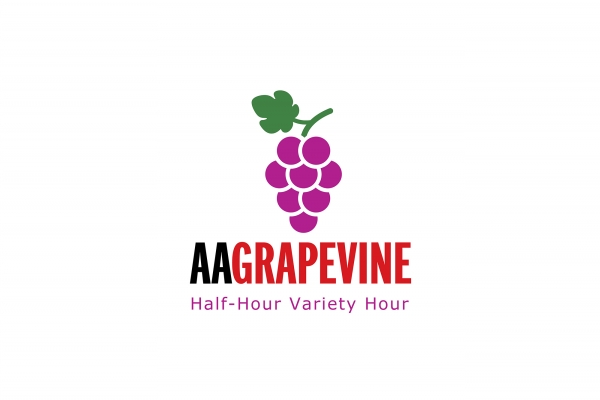Talking to students
I’m writing to tell you about my experience working with AA’s Cooperation With the Professional Community, or CPC, around Boston. In Area 30 we are lucky to have numerous colleges and universities, many of which have multiple departments that ask for our talks about how AA works to help people recover.
We have recently begun asking the people we work with in higher education to invite colleagues to attend. We speak to undergraduate and graduate students and faculty in social work, nursing, psychiatric nursing and dental and medical students.
We generally describe what AA is and what AA is not. For my part, I try to address the most common questions and misperceptions of AA, like the role of a Higher Power—“the God Thing”—in our personal recoveries. If even one future professional can respond wisely to a patient who says, “I don’t want to go to a religious program,” it could mean the difference between life and death for that person.
After 31 years of sobriety, it’s challenging to speak to people who know nothing about AA. I often get thrown by the kinds of questions that students serve up. Their questions demonstrate where the “audience” is really starting from, which allows me to keep focusing my talks to this audience. Their questions often fascinate me.
I gave a beautiful overview, in my opinion, to a group of nursing students one day recently.
“Aren’t you just substituting one addiction for another?” a student asked me. I answered her, but typically, I only developed the perfect response days later in my head. That student helped me prepare for that type of question in future presentations. My perfect response: “No, clearly we have substituted a solution for a problem.”
I try to explain AA in a way that speaks to their misconceptions about AA. I give a complete background and clear description of the Fellowship, including the Traditions and Steps. Even so, I am often taken aback by the questions that follow.
“What is it like to walk into an AA meeting?” someone will ask. Or, “If you’re LGBTQ, are you allowed to read other literature that speaks to that?”
Surprisingly, I often get asked what AA thinks about various topics like opiate abuse, particular drugs or other sobriety programs. These questions present a good opportunity to describe the AA Traditions around having no opinion on outside issues and to explain how we simply offer our experience and the solution we have found to anyone who wants it. This approach helps me focus on what I’m qualified to speak about.
Occasionally, we answer a question like, “Who does well in AA?” We answer these questions by speaking about our experience, taking care to ensure it’s clear that students know we are speaking from our own personal observation and not speaking for AA.
When I meet with medical students, I find the sea of interested faces ironic. I usually start by telling them that AA got the basic form of the solution from the medical profession in the first place! It was a medical doctor, Dr. Silkworth, who observed so many alcoholics from a medical perspective and who worked out the basic nature of the problem of alcoholism. It was a medical doctor in psychiatry, Dr. Jung, who told us the basic form of a solution to that problem. All these years later, we from the CPC come back to the medical students to tell them the story of their own legacy in the development of AA.
Some questions are harder to answer than others. The hardest question I field is, “What can I say to someone to get through to them that they need AA’s help?”
I want to know this too! It’s a question I often ask myself when confronted with a sponsee who resists suggestions and is clearly suffering, or when I talk to my brother-in-law—who for decades has defended his right and need to drink daily—about how he’s damaging his relationships with others.
In the CPC, we talk about the importance of “planting seeds” and the importance of medical professionals understanding the need to address alcoholism and addiction directly with their patients. Hopefully the professionals we meet are armed with an accurate view of our solution, and I feel great about that.





